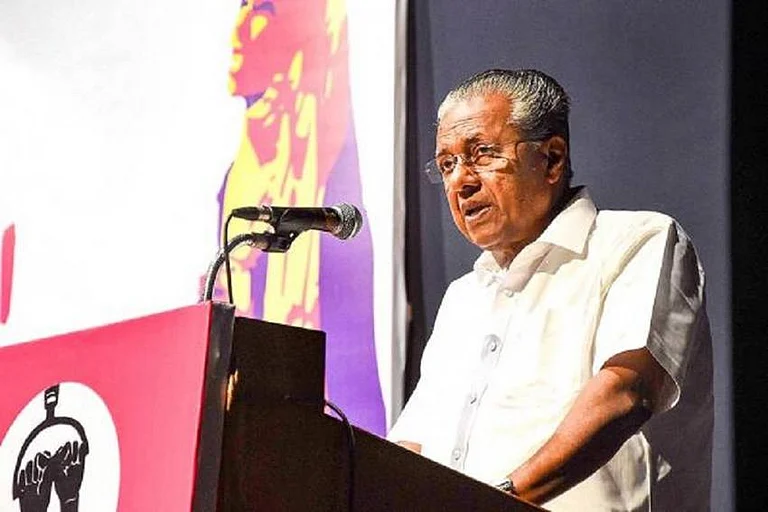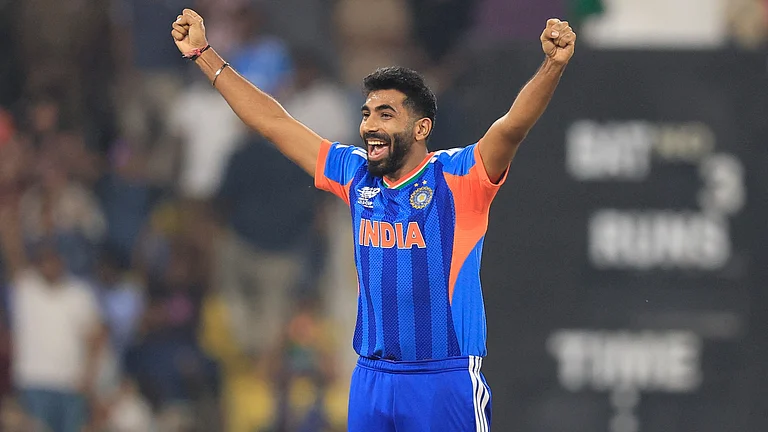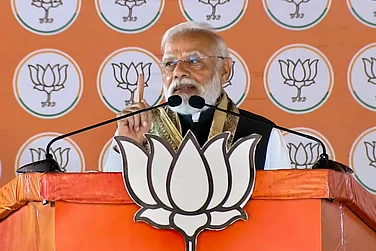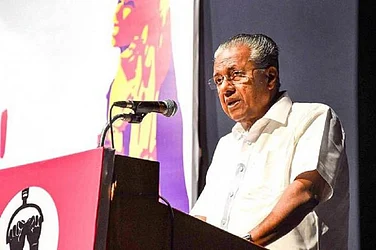In the wake of the rising Covid-19 cases globally, Prime Minister Narendra Modi chaired a high-level meeting on December 23 to review India’s Covid preparedness. As per reports, the PM urged authorities to avoid complacency and remain vigilant against any spurt in cases. Emphasis was also put on adherence to Covid-appropriate behaviours and precautionary vaccine doses.
But what is causing the spike in China and should Indians be worried about another surge or wave? Early reports blamed the surge in Covid cases in China on a new Covid variant, BF.7. So what's the new sub variant, and will Indians be impacted in case of a surge in BF.7 infections? Incidentally, BF.7 was found in 91 countries before emerging in China and cases of the Omicron sub variant have also been reported in India. Experts, however, believe that India may be at a better place in terms of fighting a new wave.
Outlook spoke to leading virologist Shahid Jameel, Fellow OCIS and Green Templeton College, University of Oxford, UK, to understand what the new sub variant is and the impact it will have in India.
Jameel, formerly the head of INSACOG, quit from the central government panel which conducts genome sequencing of coronavirus, last May. The Indian SARS-CoV-2 Consortium on Genomics (INSACOG) is a grouping of 10 national laboratories that was established by the Ministry of Health and Family Welfare on December 25 2020 following the emergence of new covid variants from UK, South Africa and Brazil among others. In an email interview, Jameel said that he doubts another wave would emerge in India and assured that Indians are better prepared than they were in previous waves, in case of another surge.
Edited excerpts:
What is the BF. 7 variant? How different is it from previous variants? And can we expect more variants?
BF.7 is a variant within the Omicron family of Variants of Concern (VOC). It has 30 mutations (changes) and 2 deletions compared to the original SARS-CoV-2 that emerged in Wuhan in 2019. Many of the mutations seen in earlier lineages appear to be consolidating in the Omicron lineage, which allows it to evade pre-existing antibodies and makes it highly transmissible.
This is not a new virus. It is yet another example of an Omicron family member.
Yes, we can expect more variants as different mutations get together. But any new variant will dominate in the population only if it offers advantage over existing variants to be able to replace those. As long as viruses transmit and spread, new variants will get selected.
Do you think India needs to be worried about rising COVID cases in China?
We should stay cautious but not worry. This is because over 90 percent adults in India have received two doses (primary series) of a vaccine and about 25-27 percent have also received one booster. Further, there was widespread infection in India during the Delta wave in 2021 and the Omicron wave earlier this year. So, a large fraction of Indians have hybrid immunity, i.e. vaccine plus infection.
Are we prepared for another wave? Will existing vaccines work for future waves?
Yes, we are much better prepared than we were during the Delta wave in April-June 2021 when there was low vaccination. I doubt there would be any big waves in India due to reasons mentioned above. But we must stay vigilant because vaccines protect against disease not infection. And very large numbers of infections will lead to increases in the numbers of severe disease patients. Large numbers of infections can also take healthcare workers away from work, further straining the system.
The existing vaccines (all of them) work well against severe disease. None of the vaccines are 100% protective against infection. Even the best ones show a drop in effectiveness with time. Due to the type of vaccines used in India (~85 per cent Covishield) we should go for protein-based vaccine boosters. Two new vaccines - Corbevax-E and Covovax - are now available in India through private hospitals. Thee elderly and those with comorbidities should get boosted. There is no reason to believe that current vaccines will become ineffective against future variants.


























